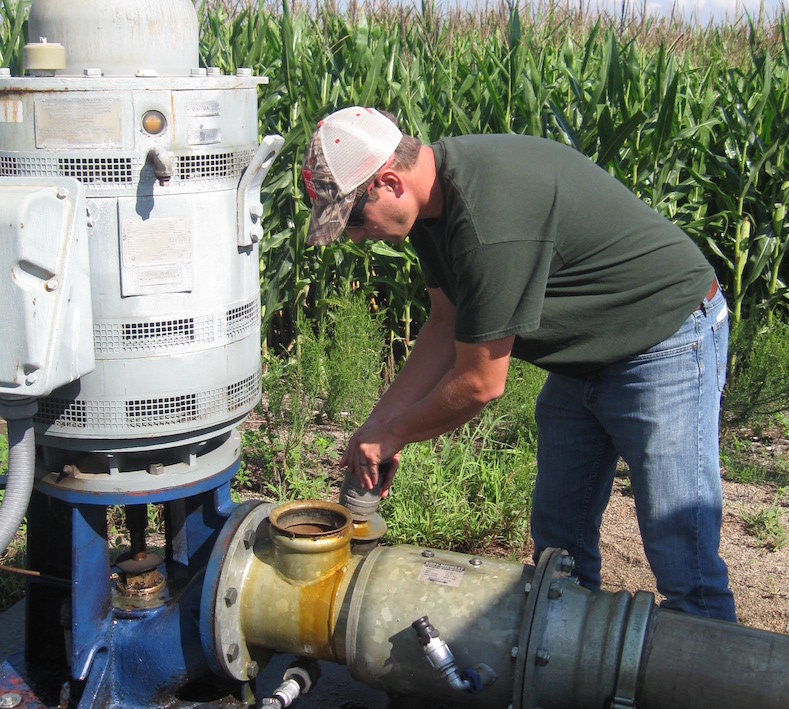Protect Our Water, Protect Our Future
Do you know what’s in your water? High nitrate in your drinking water can pose health risks for you and your family. Increased levels of nitrate can also create additional expense for many private well owners and public water supply systems with the installation of treatment systems to remediate the issue.
This site displays information on the groundwater monitoring conducted by the Lower Elkhorn Natural Resources District (LENRD) and addresses the potential health risks and the critical need to protect our water supply. By implementing best management practices, we can work together to reduce groundwater contaminates and protect our drinking water.



High nitrate and public health
70% of Nebraskans rely on groundwater for their drinking water. Sharing and sustaining the resource for future generations is paramount. The elevated levels of nitrate in our groundwater are spurring increased awareness and concern for the health of our citizens.
“Nitrate in the water is relevant to all of us,” said Mike Sousek, LENRD General Manager. “This is our water. The water we drink and use in our homes every day. The water we recreate with, grow our crops with, and plant and grow our lawns and gardens with. But, this same water, could be affecting our health if it’s not properly managed.”

Seeking Solutions in Agriculture
Farmers are the heart of Nebraska, creating opportunities for generations and innovating along the way. Even though farmers are producing more crops with less water, there is still concern about the quality of water in some areas of Nebraska. Agriculture relies on clean water and healthy soil. Together, we can protect natural resources for the future. Learn about ways we can make an impact on the health of our soil and the quality of our groundwater.
Agriculture
What The Research Says About Nitrate
Research continues to be done on nitrate in our drinking water and potential health hazards associated with high nitrate levels. Studies are also being done on nitrosatable agrichemicals and how these chemicals could be a possible factor contributing to the higher rates of birth defects and pediatric cancer in Nebraska.
Research